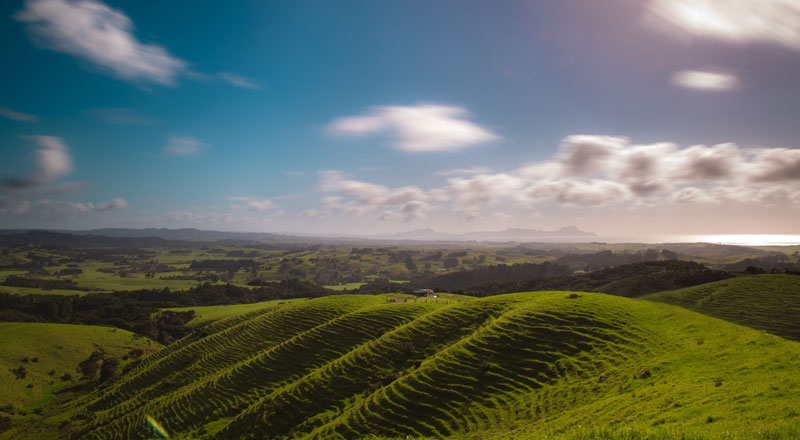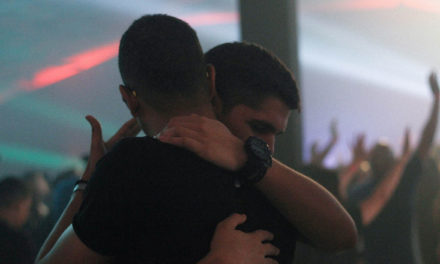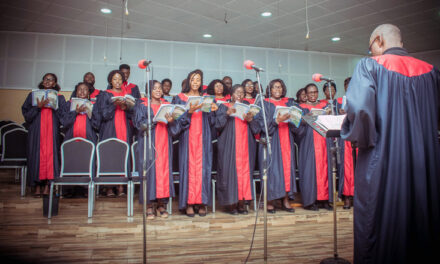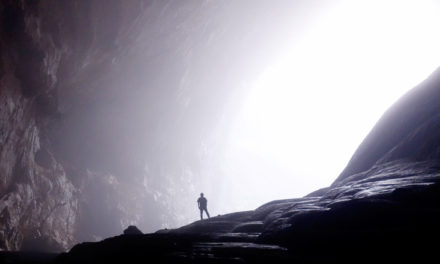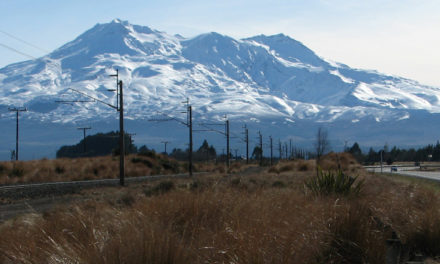The Power and Promise of Land
Tena tātou katoa e te iwi mīhana… (Greetings to all the people in mission),
This month’s whakataukī (proverb) is pertinent to the conversations happening lately around indigenous land disputes, like Ihumātao (NZ), Mauna Kea (Hawaii), Standing Rock (Dakota): “Manaaki whenua, manaaki tangata, haere whakamua” [Care for the land, care for people, move forward].
The yearning to belong somewhere, to have a home, to be in a safe place, is a deep and moving pursuit.
In the revised edition of his book, Land, Walter Brueggemann taps into a human longing that is only increasing as the age of modern industrialism falls behind us. He writes,”The sense of being lost, displaced, and homeless is pervasive in contemporary culture. The yearning to belong somewhere, to have a home, to be in a safe place, is a deep and moving pursuit. Loss of place and yearning for place are dominant images.” Bruggemann’s work in the book is an analysis of the place of land as a/the central theme in the Biblical narrative, with special application to our post-modern era.
The meaning of land is both literal and symbolic, and the physical and socio-spiritual aspects are not easily teased apart. Land represents a place of connection, belonging, history, status, provision, security, freedom… peace and posterity.
Land, as a physical place, holds meaning that is rooted in a shared narrative of those who lay claim to it. That meaning carries power as the stories of the inhabitants pass from one generation to the next—often changing bloodlines as the vanquished give way and the victors claim the narrative. The whole of human history is a struggle for control, and this is no more evident than in the shifting relationships between inhabitants and the land. As another whakataukī (Māori proverb) keenly observes, Toitū he whenua, whatungarongaro he tangata [The land is permanent, people disappear].
The powerful who rule their nations think that that is the end of the matter. An evolutionary process of might-makes-right, only the strong (deserve to) survive. The Bible, however, tells a very different story, from the side of the dispossessed. The strong are not the final arbiters of who possesses the land (regardless how possession is culturally defined). There is but ONE Judge… and Giver.
The age of individualism fostered a philosophy of freedom in rootlessness.
Brueggemann notes how the age of individualism fostered a philosophy of freedom in rootlessness. This philosophy celebrated mobility and encouraged the population spread of the landless middle class to what we know as suburbs. Private ownership has replaced collective dominion and land has become a commodity traded by those untethered from their historic rooted commitment to land as their ‘place’.
Brueggemann elaborates,
“Place is space in which important words have been spoken that have established identity, defined vocation, and envisioned destiny. Place is space in which vows have been exchanged, promises have been made, and demands have been issued. Place is indeed a protest against the unpromising pursuit of space. It is a declaration that our humanness cannot be found in escape, detachment, absence of commitment, and undefined freedom.”
Indigenous cultures are rooted cultures, who sing with the exiled Jews, seated by rivers, weeping for the land that was taken from them.
Here Brueggemann contrasts landed place with the ideology of untethererd space that makes Western capitalism possible. As far back as 2002 when this edition was published, his thesis was that this ideology is failing the world. It has only gotten worse. The protests at Ihumātao near Auckland Airport in New Zealand are playing out this clash as I write. Indigenous cultures are rooted cultures, who sing with the exiled Jews, seated by rivers, weeping for the land that was taken from them. Asking the Lord to remember. All the while, the victors ask the vanquished to entertain them (cf. Ps 137).
What is our missional response? What, o’ untethered missionary, is the Lord asking us to do in our rootlessness as sent ones? Does God not require us to stand up for justice and demand that books be reopened and the full story of lands lost be revisited, revealed, retold? That is happening at Ihumātao and people from many faiths, indigenous and otherwise, are standing in solidarity with the claimants who refuse to accept the deal forced on their elders in this case.
There are no easy outcomes. Since it has not yet been built on, Ihumātao stands a good chance of being retained. Other lands, however, that have since been inhabited developed by other owners, cannot be simply handed back. Rightly or wrongly, the land has passed on to other blood, it is given to them to care for and belong to now, for now.
Throughout our land, the Treaty Tribunal is tasked with determining how justice might best be served for Iwi. In the complexity of modern Israel and Palestine, justice is much more difficult to discern. In all situations though, Christians must keep the Giver in mind and hold on to an eschatological vision of what “home” means. The One who can “lead us away from grasping to gift” (Brueggemann), from rootless consumption to the promise of a place—given not owned, offers a place of permanent belonging. This is the hope we profess in Christ. Our inheritance is as much tangible as it is spiritual: a new creation, a permanent place for all of us, collectively, in a kingdom.
All who may come will find that there is a place for them in this kingdom. The entry-point is Christ alone and the place is home. Our role as sent-ones is to make this offer known, as we #stayonmission.
Whakapaingia te Atua, to tatou kaiunga ki te ao whanui (Praise to God, who sends us into the world),
Jay

